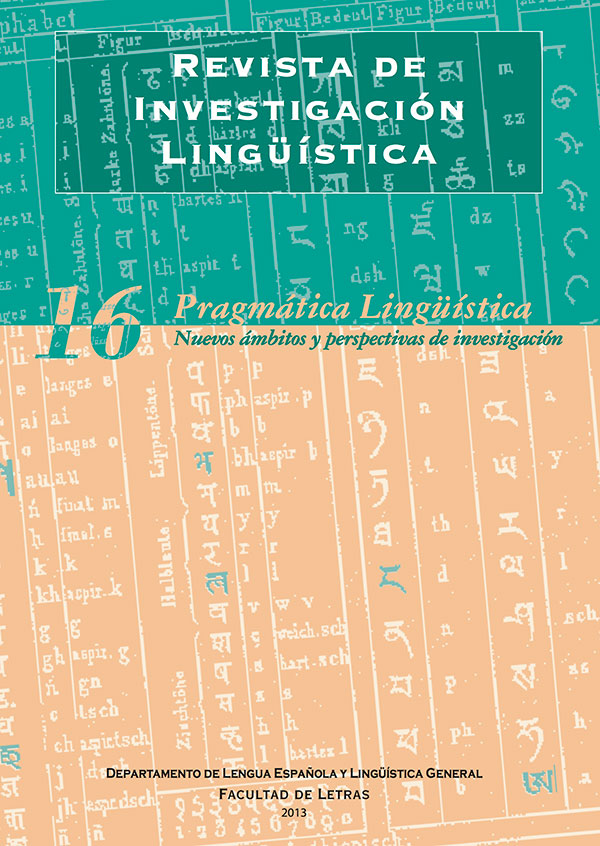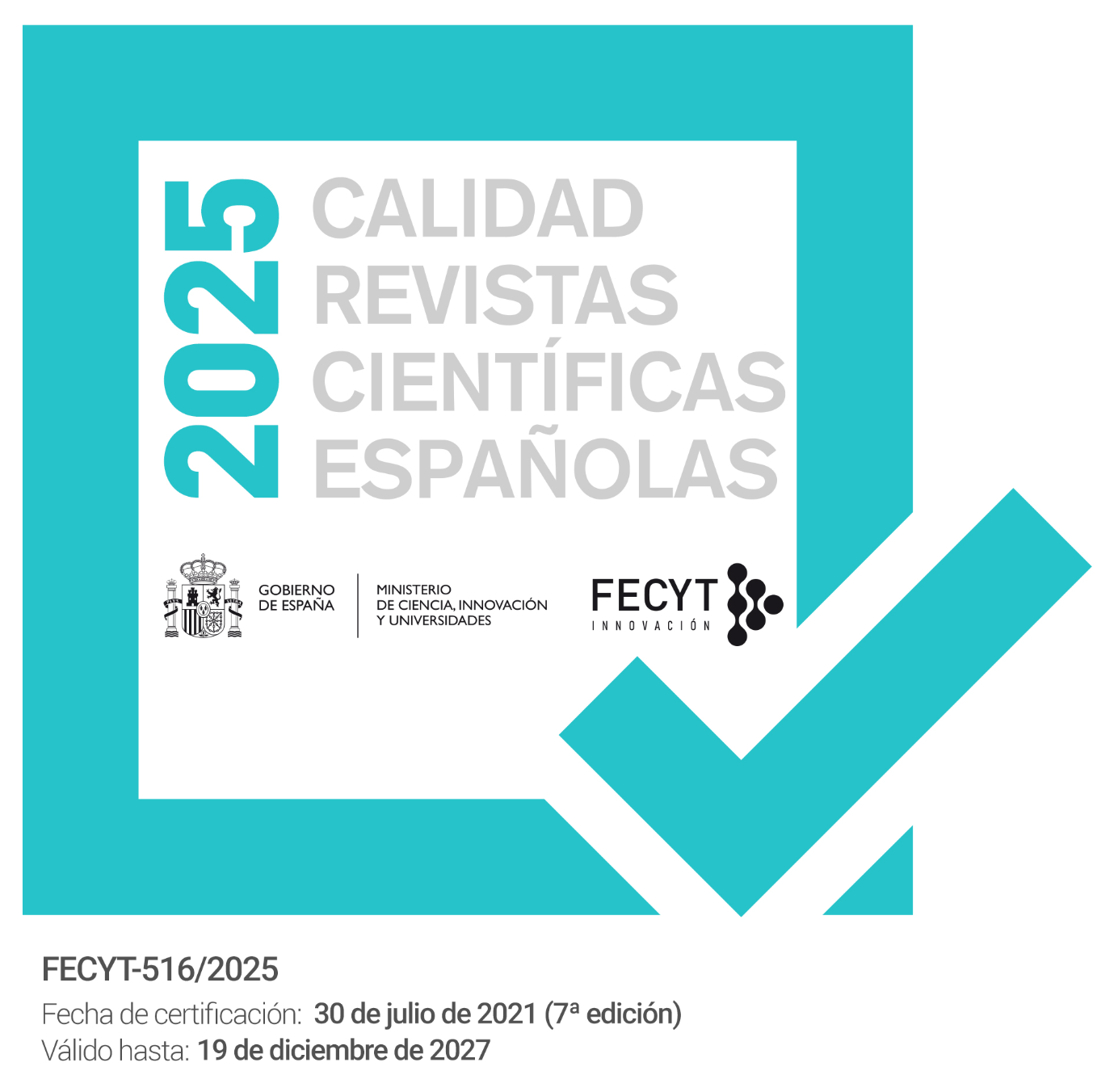Prepositional transitivity: the double prepositional object in Spanish
Abstract
We use the concepts of transitivity and argumentality to analyse a variety of the sintactic and semantic function that has been studied as governed prepositional object, prepositional object and supplement. We have listed some Spanish constructions in which the verb governs two prepositional complements simultaneously by means of each of its prepositions. The double prepositional goverment is determined by the argumentality of such complements and the sense of the construction. The relationship between the double prepositional complements with the transitive complements is explained by the abstract or figurative sense of these complements and their argument, which is theme. The localist hypothesis and the etymological sense of the prefix determine the presence of the preposition, so we can clasify the double prepositional complements in two groups: the join group (prefix co-) and the separation group (prefix di-).Downloads
-
Abstract1443
-
PDF (Español (España))927
The works published in this magazine are subject to the following terms:
1. The Publications Service of the University of Murcia (the publisher) preserves the economic rights (copyright) of the published works, and favors and allows the reuse of same under the license of use indicated in point 2.
2. The papers are published in the electronic edition of the magazine under a Creative Commons Attribution-NonCommercial-NoDerivative 3.0 Spain license (legal text). Papers may be copied, used, disseminated, transmitted and publicly exhibited if the following requirements are met: i) The authorship and the original source of its publication (magazine, editorial and URL of the work) must be cited; ii) The works cannot be used for commercial purposes; iii) The existence and specifications of this user license must be explicitly mentioned.
3. Self-archiving conditions. Authors can electronically disseminate pre-print versions (version before being evaluated) and / or post-print versions (version evaluated and accepted for publication). This makes possible its circulation and diffusion earlier and with it a possible increase in its citation and reach among the academic community. RoMEO color: green.










